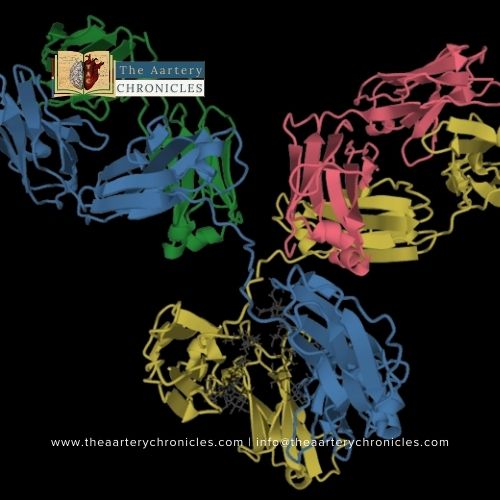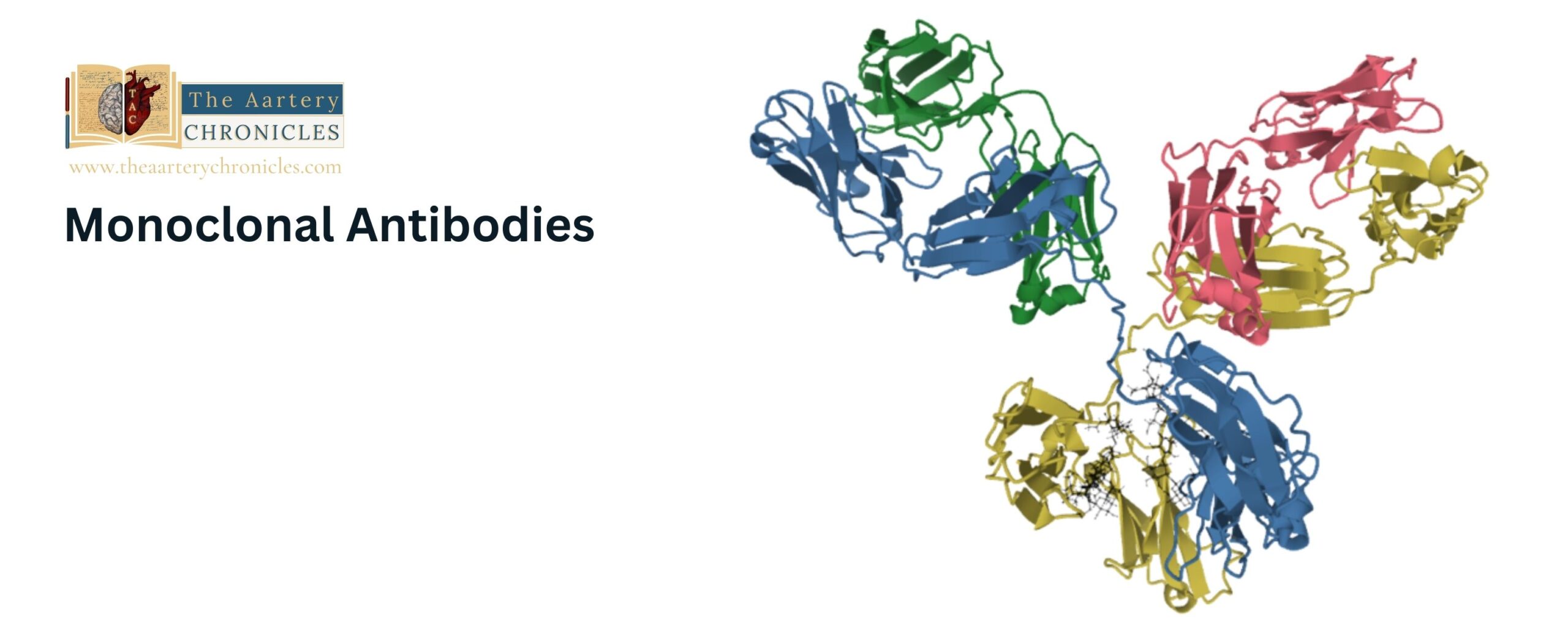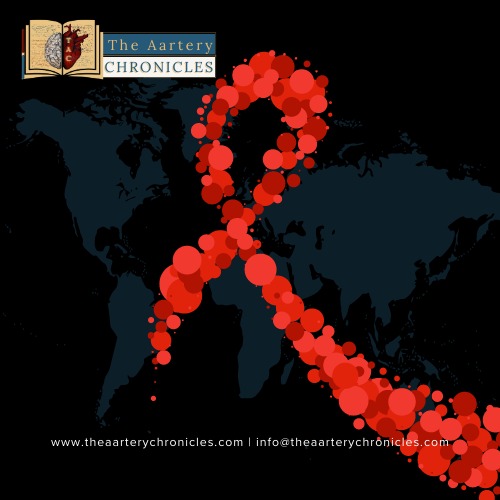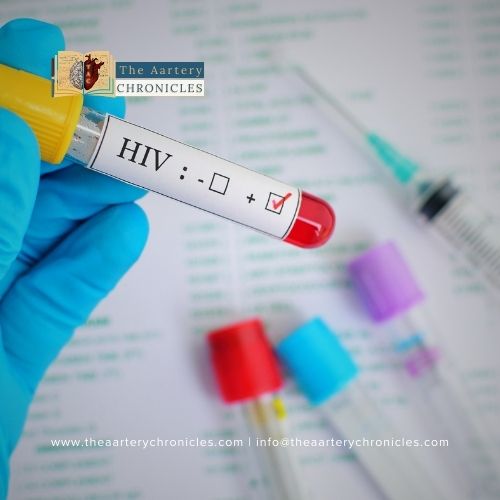

Monoclonal Antibodies: Precision Therapeutics, Evolution, and Future Applications
What are Monoclonal antibodies?
Monoclonal antibodies (mAbs) are specific laboratory-prepared proteins that act as antibodies in the body. They can bind to particular substances in the body such as cancer cells, and viruses. Monoclonal antibodies stand as pioneers in precision therapeutics. These antibodies are exact copies (clones) of one type (Mono) of antibody, hence the name Monoclonal antibody. Monoclonal antibodies (mAbs) are produced by B cells that specifically target antigens.
Let us know about mAbs, from their mechanisms to therapeutic applications, through this article highlighting both their successes and challenges.
Evolution of Monoclonal Antibodies
The journey of therapeutic antibody medication development has been remarkable, progressing from murine antibodies to the latest humanized versions. Recent breakthroughs and ongoing clinical trials underscore the dynamic nature of this field. Researchers are exploring novel approaches and pushing the boundaries of what mAbs can achieve.
Monoclonal Antibodies: A doorway to Precision Therapeutics
Monoclonal antibodies are the primary examples of precision therapeutics that enable advancements in understanding molecular biology, biochemistry, and immunology. There has been an exponential expansion of the monoclonal antibody industry ever since the first monoclonal antibody for clinical use was licensed approximately 30 years ago.
As of now, regulatory agencies have granted approval for approximately 162 antibody therapies for clinical use. The emergence of monoclonal antibody therapies as a substantial therapeutic class dates back to the approval of anti-CD3 OKT3 by the US FDA in 1986.
Mechanism of action
IgM, IgG, IgA, IgE, and IgD are five classes of antibodies and every antibody class is responsible for a unique function in the human body. At present, IgG is the most commonly utilized class for monoclonal antibody therapeutics.
Monoclonal antibodies function by identifying specific proteins in cancer or diseased cells. Each monoclonal antibody (Mab) recognizes a particular protein. To target various cancer types, distinct Mabs must be created, and they operate in diverse ways to either inhibit the growth of cancer cells or induce their destruction, depending on the targeted protein
Every antigen-binding fragment (Fab) of an individual antibody contains complementary-defining regions (CDRs), that are crucial in determining the specificity and affinities that help antibodies bind to the target antigens. Because of these highly specific areas, mAbs can be used to target precise targets with minimal impact on alternate systems.

History and Milestones of Monoclonal Antibody Therapies
The therapeutic antibody medication development has progressed from the initial usage of murine antibodies produced utilizing hybridoma technology to the most recent humanized or human versions produced using transgenic human-mice platforms.
The history of antibody research dates back to the 18th century with the finding that smallpox pustule fluid, when injected into a recipient, gave immunity from contracting the disease. The discovery of antibodies can be attributed to von Behring and Kitasato, and their finding that demonstrated how serum from animals that had received a diphtheria immunization was transferred to animals that were already diseased, changing the course of the illness. Our current understanding of the antibody configuration can be attributed to the pioneering work of Paul Ehrlich and Emil Fischer in the 20th century.
The concept of monoclonal antibodies can be traced back to the 1930s when agglutinins were isolated from lymph nodes by McMaster and Hudack.
Subsequently, with the pioneering work of Köhler and Milstein, the ‘hybridoma’ technique was born, promising the production of unlimited quantities of monospecific antibodies. This groundbreaking discovery is widely recognized as an innovation that has forever changed the landscape of immunology.
Therapeutic Applications
Monoclonal antibodies have revolutionized the landscape of therapeutic applications. In oncology, they target tumor antigens, exemplified by the success of trastuzumab in HER2-positive breast cancer. The infectious disease realm has witnessed milestones too, with mAbs like Palivizumab preventing severe respiratory disease caused by the respiratory syncytial virus.
Oncology:
Monoclonal antibodies inhibit cell growth, induce apoptosis, and can either mimic or block key cellular functions. The primary approach involves targeting tumor antigens to eliminate cancerous cells. Therapeutic mAbs focus on overexpressed growth factors in tumor cells. For instance, trastuzumab (Herceptin) and other mAbs effectively inhibit the HER2 receptor, illustrating the success of this approach in treating HER2-positive breast cancer.
Infectious diseases:
Palivizumab (Synagis), intended to prevent severe respiratory disease caused by the respiratory syncytial virus in high-risk individuals, was the first mAb authorized for an infectious disease. This mAb prevents the replication of the virus and lowers the incidence of critical diseases in newborns. Ibalizumab (Trogarzo), which was authorized in 2018 for the treatment of HIV-1 multidrug-resistant infections is another example.
Other indications:
Monoclonal antibody therapies extend beyond cancer treatments to include various medical indications.
- Migraine and Prophylaxis: Monoclonal antibody therapies have proven effective in the treatment of migraines and prophylaxis. Notably, calcitonin gene-related peptide (CGRP) has emerged as a key target for migraine preventive therapy. This peptide is known to have a significant impact on pain modulation, central sensitization, and perception. Examples of monoclonal antibodies in this application include Erenumab, galcanezumab, and fremanezumab.
- Additionally, monoclonal antibodies play a crucial role in the development of immune complex vaccines. Antigen-mAb immune complex-based vaccinations have demonstrated success in preventing infectious bursa disease in poultry by simulating the functions of the immune complex.

Emerging Trends and Challenges of Monoclonal Antibodies
Despite their successes, challenges and limitations persist. Accessibility and affordability issues need addressing, and ongoing research aims to enhance the effectiveness of mAbs while minimizing potential side effects. As the field evolves, emerging trends include the exploration of bispecific mAbs, antibody-drug conjugates (ADCs), and FC-fusion proteins
The Future of Monoclonal Antibodies
In recent years, the market for monoclonal antibodies (mAbs) has witnessed a dramatic expansion. With numerous mAbs currently under research and sustained interest from pharmaceutical companies, the anticipation is for the mAb market to continue its robust growth in the years to come.
Conclusion
Properties such as high specificity, low toxicity, and immune-modulatory action position the monoclonal antibodies as key players in drug development for cancer, autoimmune diseases, and infectious diseases. The place where science meets innovation, monoclonal antibodies continue to pave the way for a future where precision therapeutics redefine the boundaries of medical possibilities.

Author: Sanika Pande
- Medicine
- Nutrition And Diet












